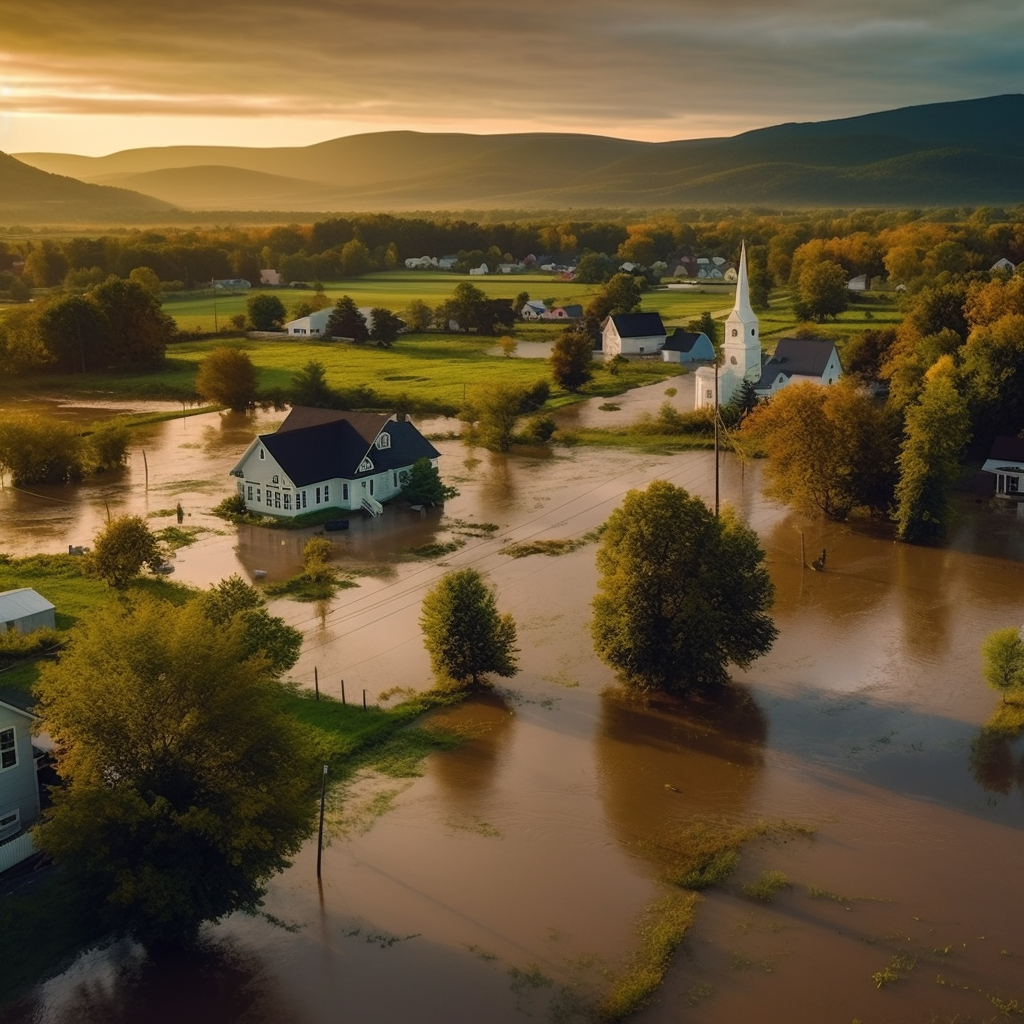May 14, 2024
Vermont’s Climate Superfund Act – Leading the Fight for Environmental Accountability
Book a Demo
Vermont is paving the way for environmental accountability in the United States with its plans to pass the Climate Superfund Act. This ground-breaking legislation requires oil and gas giants to pay for environmental damage, with the costs determined based on their emissions from 1995 to 2024. The bill is a bold step towards holding fossil fuel companies responsible for their contribution to global warming and climate change.
In the latest developments, the bill has garnered overwhelming support in Vermont’s Senate and House. It is now awaiting the decision of Republican Governor Phil Scott, who can either approve or veto the legislation. The bill’s progression demonstrates the state’s commitment to environmental preservation and its determination to tackle climate change head-on.
The Climate Superfund Act is modeled after the Environmental Protection Agency’s superfund program. The funds collected under this initiative will be channeled towards infrastructure modernization, weatherproofing public buildings, and addressing the health impacts of climate change. This comprehensive approach addresses not only the immediate consequences of climate change but also prepares the state for future environmental challenges.
However, the bill has not been without its critics. Some argue that it could lead to a costly legal battle with billion-dollar corporations. There are also concerns that it may potentially lead to an increase in property taxes. Despite this, Vermont legislators remain undeterred in their pursuit of environmental justice.
Vermont stands as the first state to pass such a bill in the U.S., setting a precedent for other states. Massachusetts, Maryland, New York, and California are following in Vermont’s footsteps, pursuing similar policies. If enacted, major fossil fuel companies would be obligated to pay billions for their past emissions. This would mark the first time a U.S. state has held these companies accountable for their contribution to global warming.
The legislation was introduced in response to the severe flooding that Vermont experienced in 2023, which caused over $1 billion in damages. This catastrophic event underscored the urgent need for action against climate change and its devastating impacts.
Other states, including New York, California, Maryland, and Massachusetts, are considering similar initiatives. They have also taken legal action against large oil companies for allegedly spreading misinformation about climate change. These developments indicate a growing momentum in the United States towards holding corporations accountable for their role in environmental degradation. In an era of increasing climate crises, Vermont’s Climate Superfund Act represents a major step towards environmental justice and sustainable policy-making.
Science4Data is committed to cut through greenwashing and measure real impact. Join the journey to a sustainable future. Your actions matter.



